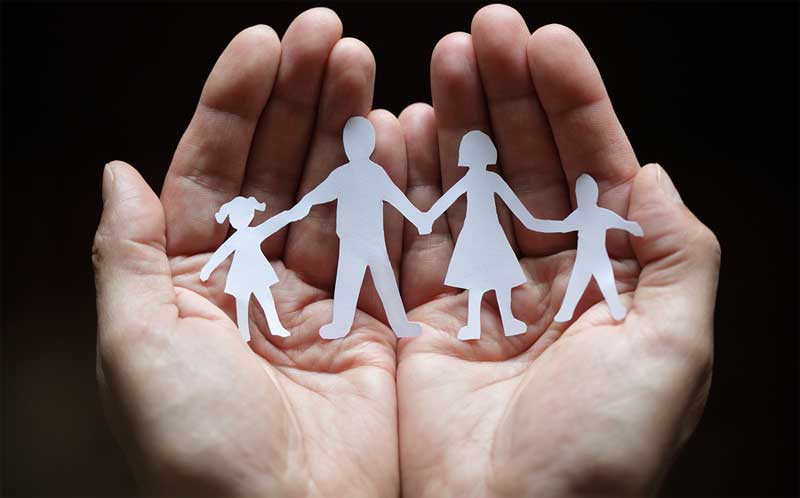6 Mistakes Families Make During Intervention

Due to the popularity of the A&E show Intervention, family interventions have been on the rise in the past decade.
The overall objective of a family intervention is to confront an addict in a non-threatening way and allow them to see their self-destructive behavior and how it affects themselves and the people around them. The immediate goal of an intervention is for the addict to listen and accept treatment.
Although a difficult step to take, calling for an intervention is one of the most important things you can do for someone struggling with addiction. Knowing what to say and do can be a challenge, especially if you’ve never participated in an intervention before. While it’s often helpful to have a professional interventionist present, some families prefer to do it on their own.
Here are some of the most common mistakes families make during an intervention and how to avoid them:
1. Skipping A Rehearsal
If you’re enlisting the help of a professional interventionist, having a rehearsal is critical. During this time, everyone will sit down and discuss details about the intervention including:
- Who will speak and what will be said
- How the addict will get to the intervention
- What’s next in terms of treatment
Too often, families skip the rehearsal because they deem it unnecessary. However, it’s during this time that all of the details are sorted out and a plan is created for how to execute the intervention. Regardless of whether you’re using a professional interventionist or doing it on your own, a rehearsal is key to being prepared.
2. Not Inviting The People Who Matter Most
In order for an intervention to be successful, it’s important that you invite the right people. This means inviting those whose opinions matter most to the addict, people they respect and/or the people who depend on the addict for support.
Having too many people attend the intervention is overwhelming but make sure that the most important people are able to attend. The goal is for the addict to feel comfortable, and having the people who matter most to them will do just that.
3. Inviting People Who Will Ruin The Process
Just as there are certain people you need to make sure are present, there are also people you should avoid inviting.
Avoid inviting people who have a history of attacking or criticizing your loved one or those who upset them. The people who attend should be those who will lift up your loved one and support them on their journey to recovery.
4. Attacking The Addict
Family interventions are emotional events. Even if you start out with the best intentions, it’s easy for the situation to get out of hand. If you find that the intervention isn’t progressing well, you might find yourself saying certain words or using a tone of voice that could make your loved one feel attacked.
Avoid accusatory statements that make a person feel blamed or targeted. Instead, focus on how you feel about the situation and express your concerns about their well-being. Talk about how worried you are about their behavior, how much you love them and your hopes for their future.
5. Caving In
It’s hard to stop defending someone when you’ve been doing it for years, but the point of an intervention is to get your loved one the help they desperately need. One of the main goals is to express your feelings, and it’s important to remain strong during an intervention.
It’s not uncommon for families to cave in or defend their loved ones in the middle of an intervention – especially when a professional interventionist is involved. But doing this is a disservice to your loved one and won’t help them move forward into recovery.
6. Not Having A Clear Roadmap For Moving Forward
What is your purpose for holding this intervention? Most likely, it’s to get your loved one the help they desperately need.
Remember, though, that this is not the full picture of what needs to happen after the intervention. Will they attend an inpatient treatment center? Receive outpatient treatment and attend therapy sessions? Go to support group meetings, such as Alcoholics Anonymous? Or something else altogether?
If you’re holding an intervention, inpatient treatment is likely the best course of action – but this is not always the case. Before holding the intervention take the time to research treatment centers, understand what patients do in rehab, and make arrangements for your loved one to check in shortly after.
Depending on where the treatment center is located, it may be beneficial to have travel arrangements sorted out so that all your loved one needs to do is agree to enter rehab.
If your only goal going into the intervention is to get your loved ones to quit drugs or alcohol but don’t have a clear path as to how this will happen, you probably won’t see much of a change moving forward.
Interventions are not just for people who’ve hit “rock bottom.” If a loved one is struggling with drug or alcohol addiction but is reluctant to address their problems, consider holding an intervention to get them the help they need.



